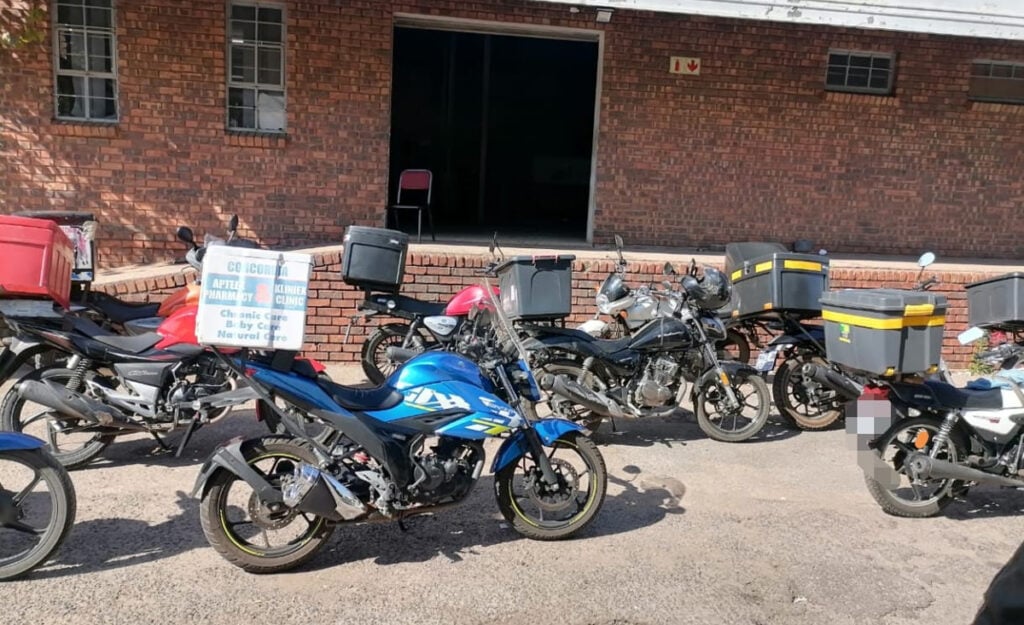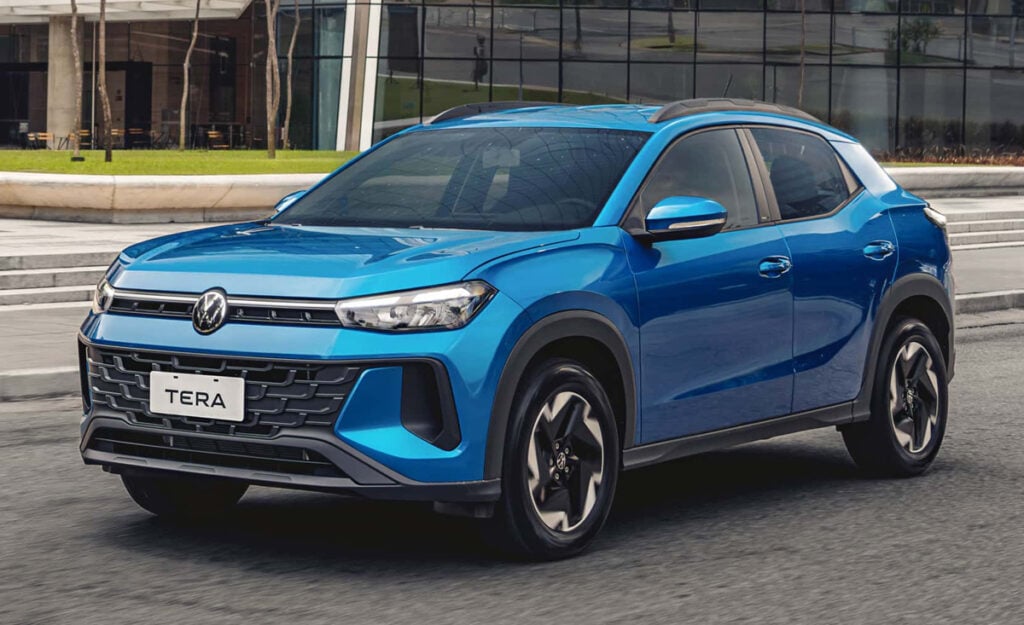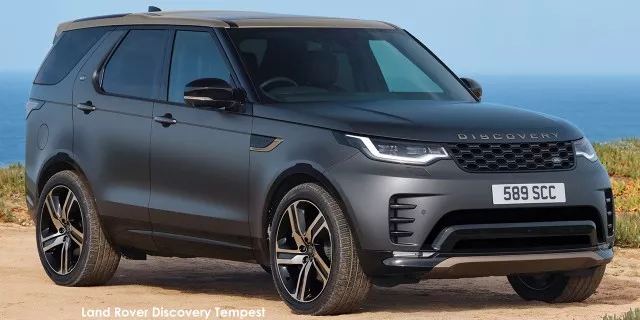Traffic police taking down delivery bikes in major South African city

Traffic police have impounded several delivery bikes for illegal and unsafe activities in Pretoria.
In a recent press statement, the Tshwane Metro Police Department confirmed that it has impounded the motorcycles of 29 delivery riders for contravening the rules of the road during a routine inspection.
Some of the individuals were issued with AARTO 1 (Administrative Adjudication of Road Traffic Offences) infringement notices for operating a motorcycle without a valid licence, which resulted in their bikes being confiscated.
The metro police also discovered a number of undocumented foreign nationals operating as delivery riders, who were taken to the nearest South African Police Service (SAPS) station.
These individuals are being assessed by the Department of Home Affairs to verify their legal status in South Africa.
Not just Pretoria

Earlier this month, the Johannesburg Metropolitan Police Department (JMPD) impounded 15 delivery bikes for similar contraventions of South African and municipal bylaws.
The efforts by the Joburg and Tshwane metro police are part of an ongoing road safety initiative meant to protect motorists and pedestrians from reckless and non-compliant driving behaviour in Gauteng.
These safety efforts follow a series of reports from road experts warning that many delivery riders display dangerous driving behaviour while making their runs.
This was confirmed by the JMPD, which stated that the metro has seen a concerning rise in unlawful delivery bike operations.
These unlawful activities include riders who frequently obstruct roads and pavements, park illegally, and drive recklessly by speeding, ignoring traffic lights, and weaving through cars.
The JMPD also brought attention to the fact that several delivery riders are operating illegally, as they lack the proper documentation to drive on South Africa’s roads.
“Many riders lack valid driver’s licenses, vehicle license discs, and, for foreign nationals, proper immigration documentation such as passports and permits authorizing commercial operations in South Africa,” said JMPD spokesperson Xolani Fihla.
Consequently, Joburg and Pretoria’s metro police have been tasked with new objectives, which they are meant to carry out during traffic stops.
This includes checking for driver’s licences, vehicle licence discs, and confirming an individual’s immigration status and commercial permits.
Additionally, metro police are required to monitor and address unsafe driving behaviour, act on traffic violations linked to delivery services, enforce parking regulations, and impound vehicles when necessary.
Fihla stated that illegal and reckless driving threatens the safety of other road users, increases congestion, and limits accessibility, particularly for individuals with disabilities.
An ongoing issue

Hein Jonker, the founder of Motorcycle Safety Institute of South Africa, previously flagged delivery drivers as an area of concern for road safety.
He explained that delivery services are a high-pressure job that requires operators to reach their destinations as quickly as possible so that they don’t fall behind in their tasks.
This can lead to dangerous driving habits, as drivers are incentivised to save time wherever possible by cutting through areas they shouldn’t drive through or taking chances with the traffic lights at intersections.
Another issue is that many riders are unqualified to use a motorcycle.
Jonker pointed out that many operators originate from other African countries which have different driving laws to the ones we have here.
Notably, other countries in Africa will issue licences that cover all vehicles of a smaller size.
This means a person who qualifies for a passenger car licence is permitted to drive a motorbike without undergoing a separate evaluation.
This means that foreign nationals are often unqualified to drive a motorbike in South Africa, which requires a different skillset and heightened situational awareness.








